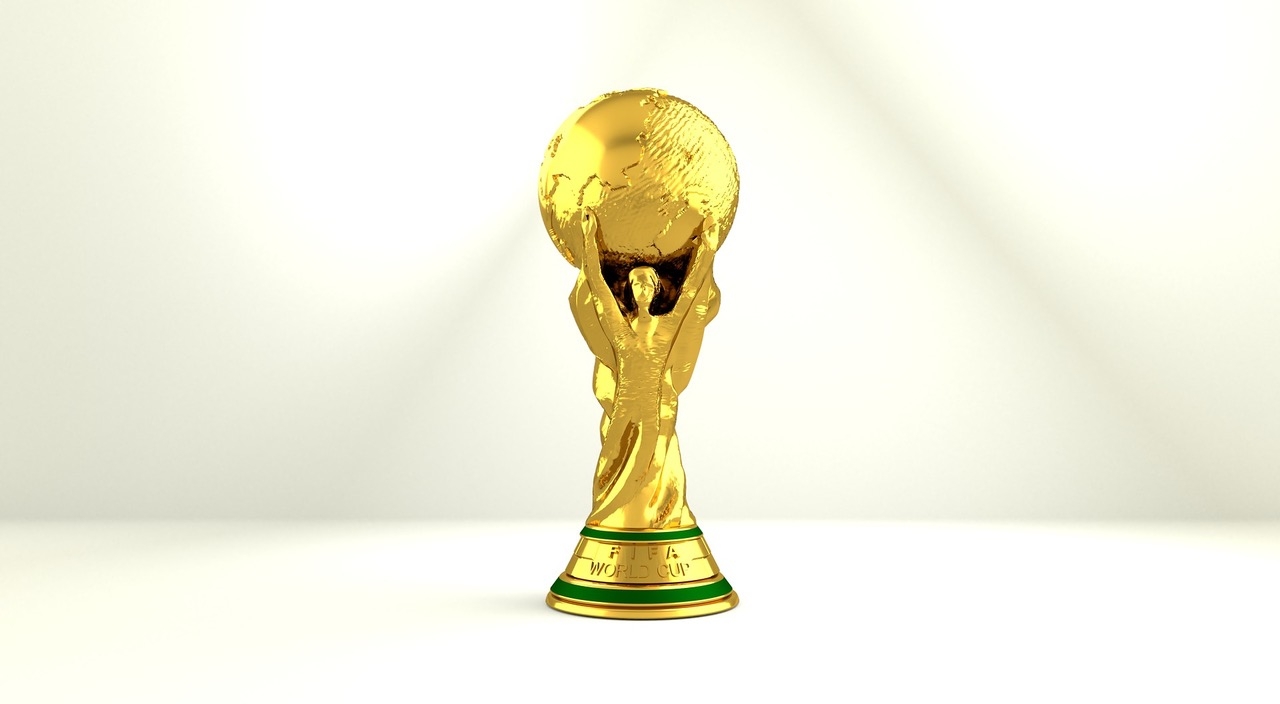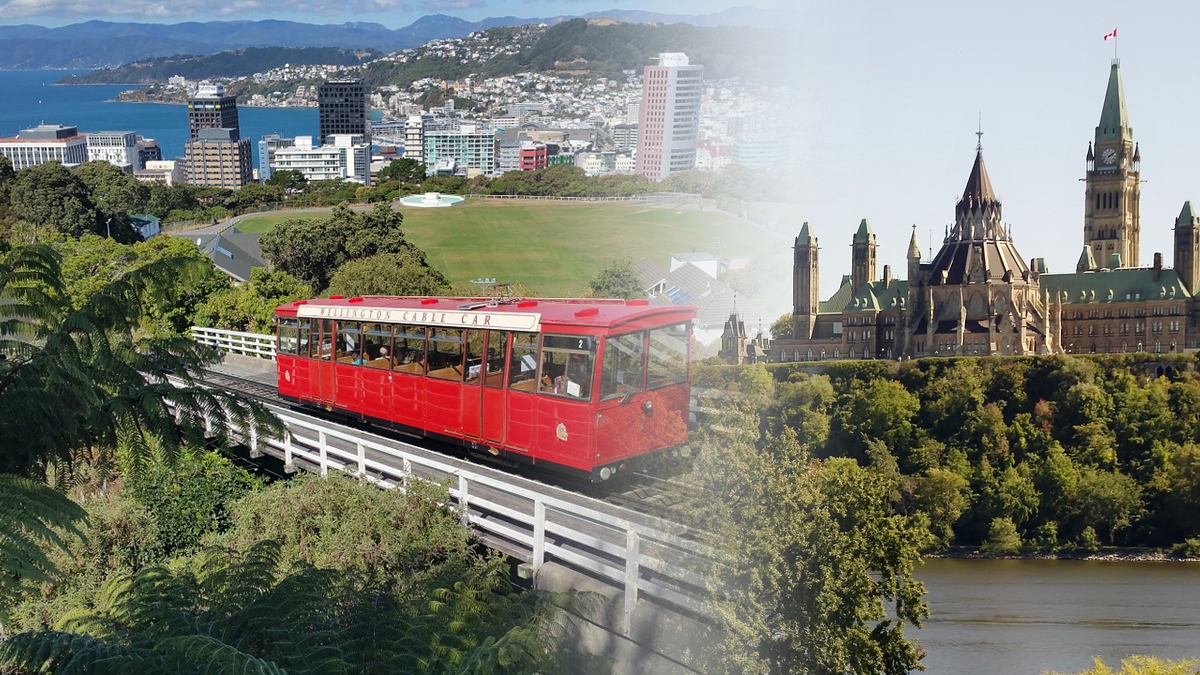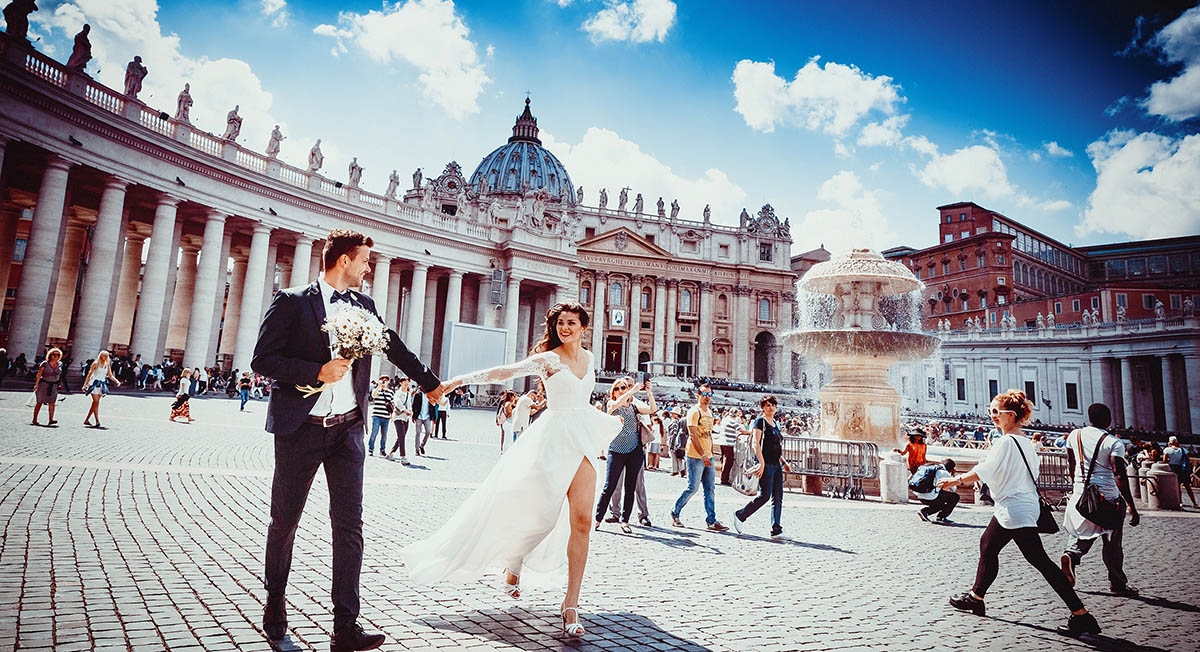
The Politics of the 2018 World Cup
For all the determination and effort FIFA has exerted to suppress political expression from the sport, this year’s World Cup was never going to be quiet and harmonious. Hosted by the political wing of the FSB and its mob boss, Vladimir Putin, the tournament kicked off with the hosts playing Mohammed bin Salman’s Saudi Arabia; the winners taking on either the Stormtroopers or the ‘droogs’ from Clockwork Orange in the next round. The Crown Prince was disappointed to see his offence wasn’t lethal enough in front of goal; if only they were playing Yemen.
There have been a number of incidents and issues throughout the spectacle. The first was the UK and Sweden’s political boycott of the tournament due to the Russian assassination attempt on the Skripal family in Britain. Then Nike’s supply of boots to Iranian players being halted due to US sanctions, just days before the tournament began. With the tournament finally getting underway, Gianni Infantino would have been hoping for an easier ride. Then Switzerland’s Granit Xhaka and Xherdan Shaqiri performed a celebration that depicted the Albanian two-headed eagle to Serbian fans; Xhaka being the son of an Albanian political prisoner and Shaqiri being originally Yugoslavian by birth.
Even with these points of controversy, the games have been a pleasure to watch. Football in North America unfortunately carries connotations of binge drinking, hooliganism, and disorder; stereotypes that are not wholly unreasonable, if just a little exaggerated. Violence from the stands and terraces has been a catalyst and an avenue for political and social unrest before, but this does not mute the beautiful effect that the beautiful game can have.
Perhaps the most notable display of political consciousness came from England’s manager, Gareth Southgate. When discussing the country’s progress with the Guardian, he noted that: “We have a chance to affect something bigger than ourselves. In England we’ve spent a bit of time being a bit lost as to what our modern identity is and I think as a team we represent that modern identity, and hopefully people can connect with us.” Southgate’s team is only half Caucasian, with an average age of 26. Another half of the team is either the son of immigrants or an immigrant themselves. The striking partnership consists of the Captain Harry Kane, the son of an Irishman, and Raheem Sterling; Jamaican born, and raised by a single mother in North London. Another player, Danny Rose, recently divulged to the press that his battle with depression led him to medicate during the last playing season. Rose described his promotion to the England World Cup team as his “salvation”. This may seem to be a self-fulfilling, box-ticking narrative from some snowflake lefty, but my point remains steadfast – this is England.
Our understanding of a nation state still resembles the contradictory concept created by the callous nature of Henry VIII. The amalgamation of governance, religion, and race made sense when it was merely the descendants of Anglo-Saxons, Celtic Britons, and Normans who were roaming the ‘Green and Pleasant land’. That time passed away with the fall of Empire and rise of market globalization; one must note the moral improvement between these two notions.
Pockets of Canada appear to have gotten the memo. The intercourse of languages and cultures in Ottawa is impressive, intertwined into a single, unified emblem of cosmopolitanism and sophistication. Multiculturalism – a lazy and rightfully denounced term – remains redundant when the inclusivity of a culture creates space within itself for new inhabitants and customs. In Canada, you do not see Drake, Stan Rogers, and Russell Peters as separate dimensions of your country, but indeed, elements of a culture that shares from one of every part. That is the contemporary nation state, and we must never allow those who wish to divide us to forget it. Culture, not clan, is now the bonding force of society.













